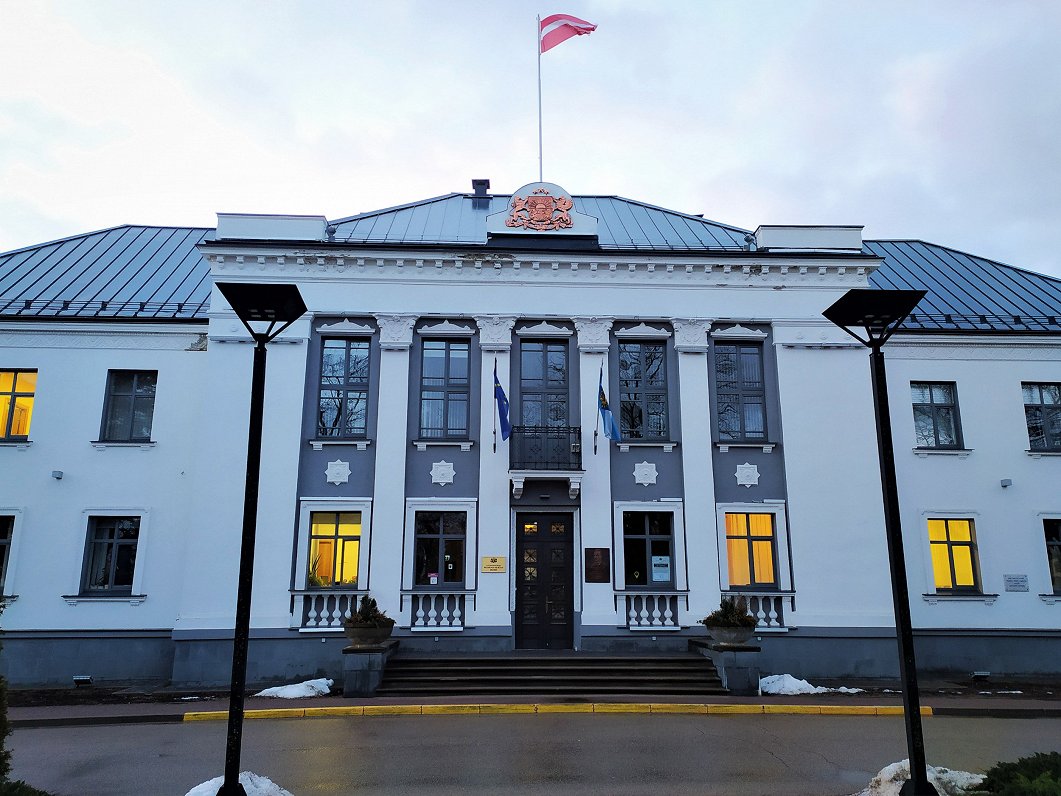"The Competition Council of Latvia (the CC) has closed the investigation case regarding activities by two companies – SIA “DAKO” and SIA “RUVAR” – in procurements on supply of construction materials, plumbing products and electric appliances, organised by Rēzekne City Council and SIA “Rēzeknes Namsaimnieks”, owned by the City Council. The CC concluded that these procurements involve deformed competition, facilitated by activities implemented by the local government of Rēzekne itself. The CC notified the State Audit Office and the Ministry of Environmental Protection and Regional Development (VARAM), which supervises lawfulness of activities by local governments, of the dishonest action by the local government," said an official statement.
According to the CC, in the period from 2013-2018, SIA “DAKO” and SIA “RUVAR” participated in procurements organised by Rēzekne City Council and SIA “Rēzeknes Namsaimnieks”, offering prices below their market value for separate items of products in their tenders.
"The CC detected that already during fulfilment of the order, mostly these products were not delivered at all, replacing them with products that were not indicated in the technical specification. Whereas the products indicated in tenders were acquired for a higher retail price that did not correspond to the initial offer," the statement said.
Manipulation with certain price items allowed both companies to obtain the rights to conclude procurement agreements for an extended period of time. As a result, the other market participants, who submitted tenders corresponding to market prices, had unequal positions compared to these companies.
The CC issued a warning to both companies for dishonest actions.
Technical specifications were prepared formally
"The CC also concluded that the customer did not control the conformity of the purchased product prices to the prices indicated in the procurement agreement In fact, the procurements were fictive and did not comply with the aim of their organisation – to select the most beneficial tender of applicants under the conditions of their mutual competition. Consequently, public resources were spent inefficiently," the CC said.
"In addition, the CC detected that for years the items in technical specifications have remained almost the same, which shows that, most likely, needs of each specific customer are not analysed, and technical specifications are prepared formally, using the sample of the preceding procurement regulations," it added.
"The CC holds a view that Rēzekne City Council and its capital company SIA “Rēzeknes Namsaimnieks” have acted contrary not only to the requirements and the objective of the Public Procurement Law, but also the Law “On Prevention of Squandering of the Financial Resources and Property of a Public Person”, so the CC informed the State Audit Office and VARAM regarding this situation," it concluded.
Skaidrīte Ābrama, the Chairwoman of the CC said: “The Competition Council calls each public administrative body – the state, local governments and their capital companies – to organise their procurements responsibly, not merely for the sake of formality. We remind that the aim of any procurement is to choose in fair competition a tender that ensures as efficient spending of public resources as possible. Therefore, it is absolutely inadmissible that a public customer essentially deforms competition by its own conduct, organising fictive procurements.”






























